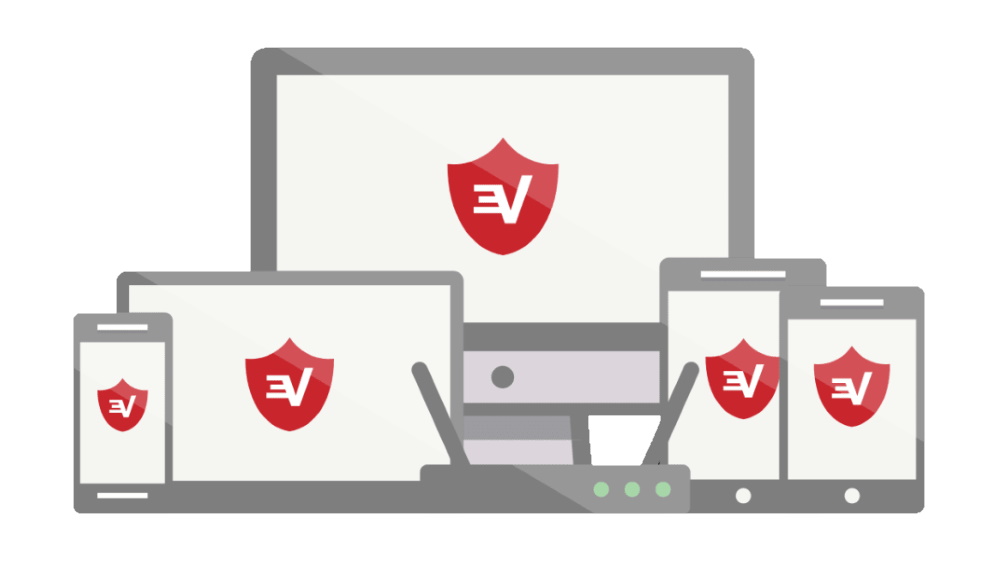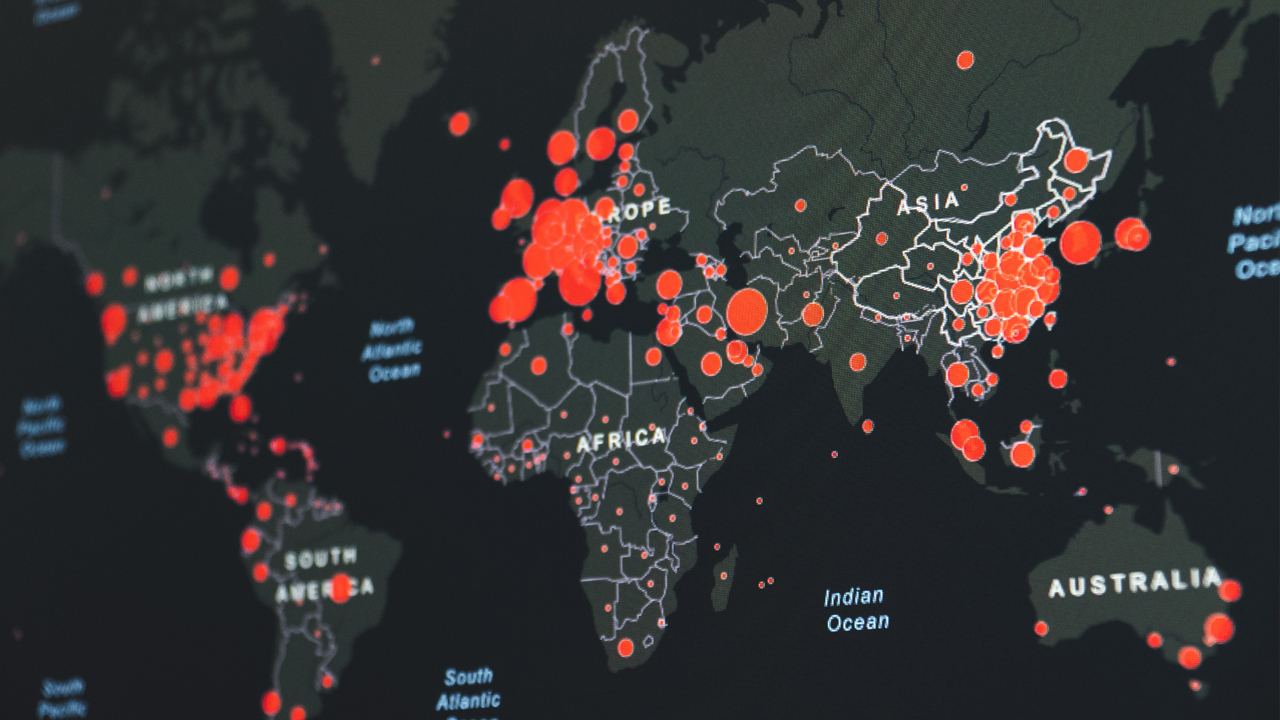What makes a great Chrome VPN?
Features like speed, reliability, and ease of use are key

Using a Chrome VPN can help you protect your sensitive browser data and get around geo-blocked streaming sites. They’re a huge help whether just you’re surfing the web or looking to bolster your online security.
That said, the best VPN browser extensions vary quite a bit in how they work and what they can do for you. Some control a fully-fledged desktop VPN, while others are just proxies that don’t actually encrypt your data.
So, how do you choose the right VPN for your needs? We’ll explain what features you should look for, why you might want a VPN in Chrome specifically, and what these browser extensions can do.
What should I look for in my VPN?
The features you need in a browser VPN are basic but important. To start, speed is key. Your VPN will likely slow down your connection a little bit (not noticeable if you use a fast VPN), but if the VPN connection is noticeably throttling your Internet connection, that’s a major problem.
The number and diversity of server locations is also important. Does the VPN provider have thousands of servers, or only a few hundred? Ideally, you’ll have the ability to connect to servers not just in the US and Europe, but in regions like Asia, the Middle East, Africa, and South America. It’s also worth checking the connection speed of faraway servers, since they can sometimes be too slow to be of any practical use.
Another thing to consider when choosing a VPN is reliability. Will your VPN automatically terminate your Internet connection if the VPN connection drops to protect you? Some cheap VPNs have been known to leak IP addresses, which defeats the purpose of running a VPN in the first place.
Finally, make sure your extension is easy to use. Many VPNs will connect to the fastest available server automatically when you open your browser. It should also be quick and simple to change your server location or to turn the VPN off if needed.
Sign up to get the BEST of Tom's Guide direct to your inbox.
Get instant access to breaking news, the hottest reviews, great deals and helpful tips.
- Which service has the best VPN server locations?

Who needs a Chrome VPN?
Having a VPN inside Chrome can be a huge help. For starters, it makes it easy to access key settings like location in the desktop app from within your browser. Plus, if you mostly use Chrome to surf the web, you might not miss the fact that the extension only secures Chrome and not all apps on your computer.
They can also be nice if you’re using a computer for which you don’t have admin access, like a work computer. You can install the extension inside Chrome without installing software system-wide. Extensions are typically also more lightweight than a full-fledged desktop app.
- If you're a keen streamer, you might want a Fire Stick VPN
What can a Chrome VPN do?
There are two types of VPNs for Chrome: paid extensions and free proxies.
Paid VPN extensions typically come bundled with desktop VPN software. They not only mask your computer’s location and IP address, but also encrypt all outgoing data from your computer. If you’re logging into online accounts, this encryption is essential for keeping your passwords and data secure.
Free proxies made by VPN providers can mask your computer’s location, but they won’t encrypt your browser traffic. Proxies are best if you want to unblock geo-blocked content without paying for a full VPN. They can be very useful, but if you use them a lot you’re likely to find their limits.
- Apple users need a Mac VPN, and PC users should get a Windows VPN
What’s the best Chrome VPN?
If you’re looking for a VPN for Chrome, we’d recommend ExpressVPN. It offers 3,000 servers across 94 countries, advanced IP leak protection, and a user-friendly Chrome extension.
Windscribe is the best choice if you’re looking for a free proxy rather than a paid VPN. This extension offers 10 locations so you can easily unblock sites like Netflix.
Michael Graw is a freelance journalist and photographer based in Bellingham, Washington. His interests span a wide range from business technology to finance to creative media, with a focus on new technology and emerging trends. Michael's work has been published in TechRadar, Tom's Guide, Business Insider, Fast Company, Salon, and Harvard Business Review.

